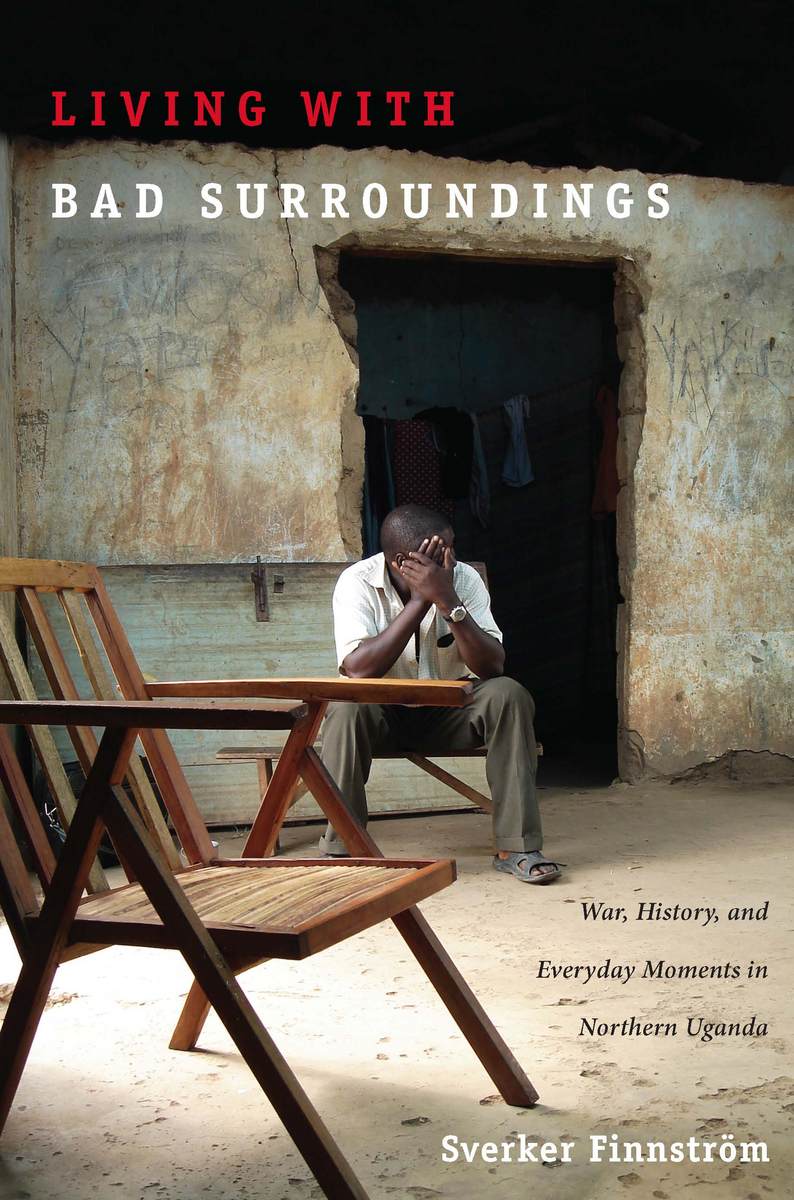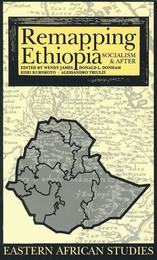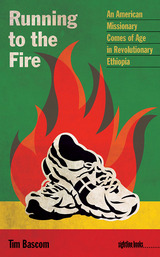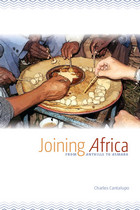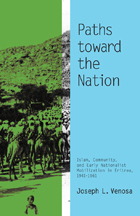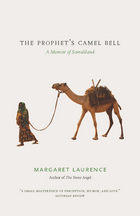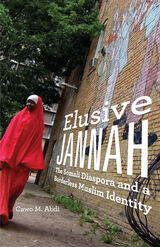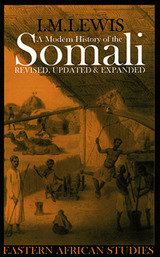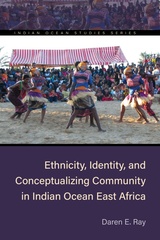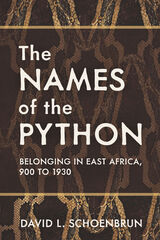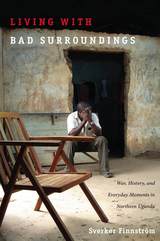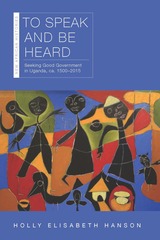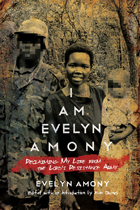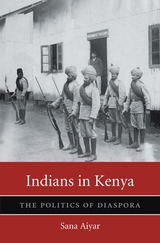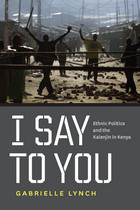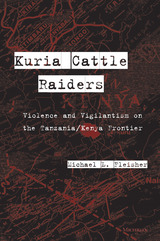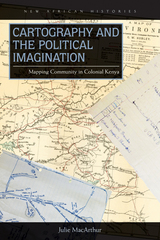“Living with Bad Surroundings . . . [is] a very good book, perhaps the best written on northern Uganda since the 1970s. It will be an ideal text for courses dealing with Africa and the local realities of modern armed conflicts.” - Tim Allen, Times Literary Supplement
“[An] insightful, compelling ethnography. . . . Finnström has important things to say about ethnographic intimacy, the phenomenology of fieldwork, and the universality of culture as human existence. The book offers a fine example of the merits of local, detailed ethnographic knowledge for understanding civilian life in a warzone, as well as glimpses of the emotional connections an anthropologist forms with
informants and collaborators.” - Catherine Besteman, American Ethnologist
“I recommend it to anyone wanting to understand the problematic side of Africa. It reads more like the writing of a good and thoughtful war correspondent rather than a traditional social scientist. It what is useful and appropriate for understanding the world of contemporary northern Ugandans whom the author clearly liked and cared about.” - T.O. Beidelman, Anthropos
“Finnström’s analysis of the factors involved in the devastating conflict in Northern Uganda between the Ugandan government and the Lord’s Resistance Army (LRA) is a valuable contribution to the literature on contemporary armed conflicts. . . . Finnström’s careful examination is essential for students, scholars, and practitioners who want to understand the political, economic, historical, cultural, and religious complexities involved in ay armed conflict.” - Joanne Corbin, African Studies Review
“This is a moving, politically engaged and penetrating study. It has . . . page-turning qualities. . . . If you are going to read just one book on northern Uganda, this is the one to go for.” - Tim Allen, Africa
“Living with Bad Surroundings is a lucid, compelling, in-depth, and detailed exploration of the vexed position of youth in poverty-stricken Africa; a painstaking and authoritative account of one of the most refractory and long-running wars on that continent; and a demonstration of how imperative it is to complement historical and political-economic explanations of Africa’s conflicts with ethnographic perspectives that encompass local symbolic reality, local readings of history and tradition, local expectations and desires, and local understandings of power, morality, and reconciliation.”—Michael Jackson, author of In Sierra Leone
“Riveting. Powerful. Evocative. Anthropology at its best. Sverker Finnström is a gifted researcher and writer: in his hands the Acholi become a lens for understanding very twenty-first-century forms of violence and survival. This is a book about one of the more destructive and bitter wars on the African continent and its global connections. But it is also a book about hope, about facing and overcoming crises—of every culture being all cultures in the opus of experience, of mango trees surviving the tides of war and global ignorance. About sorrow and laughter and moments of coevalness in northern Uganda and beyond.”—Carolyn Nordstrom, author of Global Outlaws: Crime, Money, and Power in the Contemporary World
“[Living with Bad Surroundings] combines rich ethnographic detail with sharp theoretical acumen. . . . [A]n important text.:
-- Alicia C. Decker International Journal of African Historical Studies
“[T]he book is still impressive in its historical and analytical scope, and is not only very readable, but also moving. The narrative voice vividly evokes the inter-subjectivity of the ethnographic experience. Living with Bad Surroundings is an essential reference for studies on northern Uganda, and is also accessible to a wider, non-specialist readership. The work also provides a valuable contribution to the ethnography of conflict as well to literature challenging the ‘breakdown’ paradigm of displacement.”
-- Matthew Wilhelm-Solomon African Affairs
“At times poetic, often philosophical, Finnström brings the reader to a new level of insight into war and its effects on the lived realities of affected persons—and how and why it is possible for people to survive the impossible day by day. Equally important, he vividly connects these personal stories to the political domain, unveiling, as each chapter evolves, the politics that divide people. . .”
-- Erin K. Baines African Studies Review
“This book is rich in detail and nuance, and challenges dominant discourses on the war in northern Uganda. It links the historical, international dimension to the lived experiences of the Acholi people. . . . [A] major book on everyday lived experiences in wartime. It adds to scholarship that interrogates colonial orthodoxies as well as academic writings that have produced stereotypes inimical to nation building. Finnstrom’s book is necessary reading for students of the Acholi, African wars, and Uganda.”
-- Steven Arojjo Obbo Ofumbi Journal of Contemporary African Studies
“This is a highly accessible anthropological study of Northern Uganda and the LRA. It is useful in part because it establishes the colonial legacies though which the Acholi came to be marginalized in Uganda and stereotyped by the international community. Rather than basing his account on simplistic explanations like ‘ancient ethnic hatreds’ between the Acholi and other Ugandans, Finnström provides a rich array of interviews with Northern Ugandans that touch on cultural, historical, and political aspects of the war. In particular, he highlights the voices of young people, whom he says ‘did not passively wait for outside solutions; rather, in everyday life they built for a future despite displacement and social unrest.’”
-- Kristin Rawls Christian Science Monitor
“Through a more explicit engagement with the ambiguities and unfinishedness of lived experience, ethnographies like Finnström’s Bad Surroundings may thus offer more than philosophy alone in making sense of governmentalization and subjectification as they unfold through individual, collective, and political life.”
-- João Biehl and Ramah McKay Anthropological Quarterly
“Living with Bad Surroundings . . . [is] a very good book, perhaps the best written on northern Uganda since the 1970s. It will be an ideal text for courses dealing with Africa and the local realities of modern armed conflicts.”
-- Tim Allen TLS
“[An] insightful, compelling ethnography. . . . Finnström has important things to say about ethnographic intimacy, the phenomenology of fieldwork, and the universality of culture as human existence. The book offers a fine example of the merits of local, detailed ethnographic knowledge for understanding civilian life in a warzone, as well as glimpses of the emotional connections an anthropologist forms with
informants and collaborators.”
-- Catherine Besteman American Ethnologist
“Finnström’s analysis of the factors involved in the devastating conflict in Northern Uganda between the Ugandan government and the Lord’s Resistance Army (LRA) is a valuable contribution to the literature on contemporary armed conflicts. . . . Finnström’s careful examination is essential for students, scholars, and practitioners who want to understand the political, economic, historical, cultural, and religious complexities involved in ay armed conflict.”
-- Joanne Corbin African Studies Review
“I recommend it to anyone wanting to understand the problematic side of Africa. It reads more like the writing of a good and thoughtful war correspondent rather than a traditional social scientist. It what is useful and appropriate for understanding the world of contemporary northern Ugandans whom the author clearly liked and cared about.”
-- T.O. Beidelman Anthropos
“This is a moving, politically engaged and penetrating study. It has . . . page-turning qualities. . . . If you are going to read just one book on northern Uganda, this is the one to go for.”
-- Tim Allen Africa
